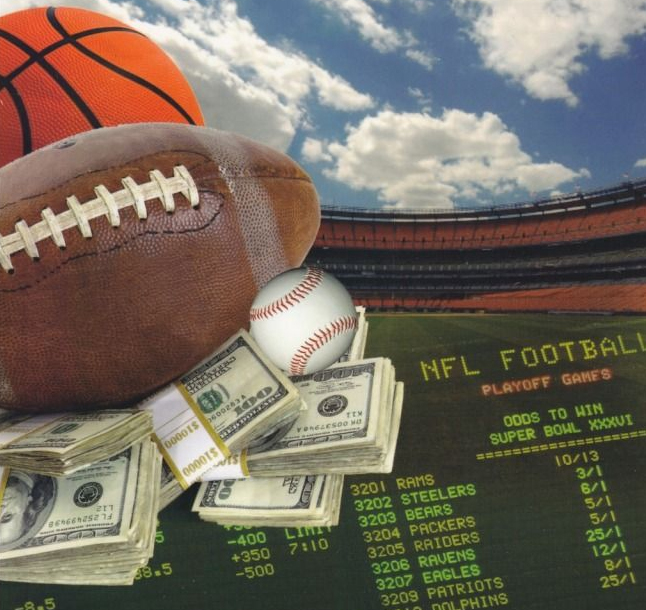special thanks to Tanner Simkins @TannerSimkins
From hockey to broadcast to global soccer, the legalization of sports betting in countries and territories where it is not yet legal continues to be a hot topic. While in the United States officials from NBA Commissioner Adam Silver to MLB Commissioner Rob Manfred are now more open-minded and forward-thinking about the possibility of legalized gambling on a national level down the road, most see the possibility as at least 3-5 years from becoming reality.
At last week’s Sportel North America Conference in Miami the topic came up several times ones again, as the billion dollar broadcast sports industry could also someday get a bigger piece of the legal gambling pie if and when all becomes free and clear. “Gambling is part of sports. The time is coming to bring it out of the shadows in the US,” said NBC’s Rob Simmelkjaer during a panel discussion on the media rights business. Simmelkjaer eluded to the recent comments by Silver and others in saying that the veil of secrecy around all the gambling that goes on illegally in places like the US should be lifted while the right system is put into places that brings revenue into the teams and networks that are investing in growing sport not just in the US, but around the world. One place that NBC may see a bump from starting in 2016 in in the Olympic space, where, at least in Las Vegas, the International Olympic Committee recently OK’ed the start of gambling on the games in sports books in the state of Nevada.
The impact of gambling in its legalized form is not just an issue in the US, but abroad as well where many countries are unlike France, the UK and Australia and still do not allow wagering on major events like World Cup and Rugby. That ban on implementing gaming companies into media rights discussions has been a well-raised sore spot with rights holders selling some of the world’s biggest events, especially in soccer. “We would love to be involved in sports betting but UEFA & the clubs we work with don’t want us to be yet,” added Thomas Schmidt, Managing Director, Sports Media Rights For Team Marketing AG during the panel. “We are well aware of the dollar value betting houses can bring, but right now it is not something our partners are willing to investigate as a revenue stream, but we will keep trying.”
Another rights holder now in the US is MP & Silva, who recently acquired the European rights to the NFL, one of the few American sports still silent on the gambling issue and opportunity, despite the common knowledge that football, as much as any US sport, probably benefits the most in attention because of all the small and large scale illegal wagering that goes on around the game. One of the biggest areas for growth should gambling become legal will be in the mobile space, as fans can engage in minute to minute wagering like is done in the UK on soccer, using any sort of analytics that are available. The mobile space, more than any other, is seen as the real sweet spot in the debate. “Right now “70 percent of people between 12-18 consume almost all sports content on mobile,” said MP & Silva’s VP of North America Dan Cohen when asked about the value of the mobile space going forward, an area which will become even more valuable as the years pass and revenues are realized.
Still for now, the wait and see atmosphere continues, even with the debate and the opportunity becoming more clearer. The estimated dollars being spent on the NCAA Tournament this month are in the billions, which leave broadcasters and rights holders from all corners of the world wondering “what if,” should the gambling seas part in the years to come.
